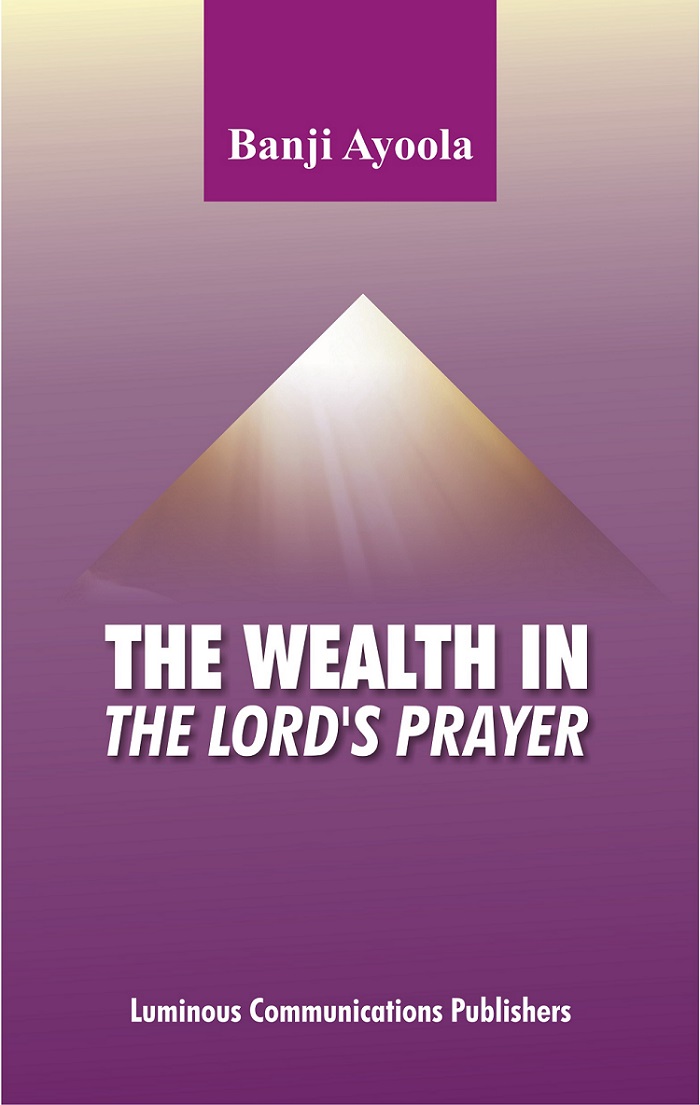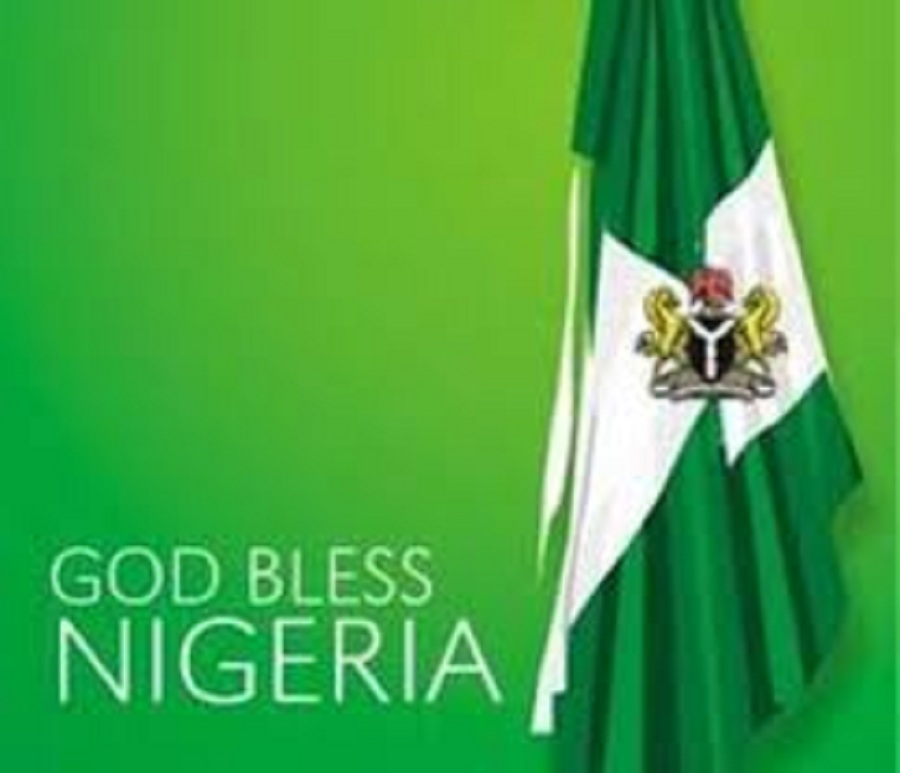Twenty-one years of unbroken democracy is the small prize the country with the largest back population has managed to clinch out of its 59 chequered years since independence in 1960. A small prize indeed, but one worth celebrating all the same.
But the larger 59 years of her existence are ones of mixed feelings and everything in-between. The verdict is out there: Nigeria is capable of being much more than she has become. A giant with feet of clay, some have called her, which continues to totter.
The recent xenophobic attack on Nigerians and other African nationals in South Africa point at the poverty of development the country continues to suffer. Otherwise, why would young Nigerians flee their own country in such large numbers to hostile environments if all were well at home? Significantly, what are those saddled with leading the country doing at the moment to lift her from the stagnation that has characterized her since the military truncated her march to progress six years after independence?
Elder statesman and governor of old Kaduna State, Alhaji Balarabe Musa is blunt in his summation of Nigeria’s leadership and system’s failure in the country’s elusive quest for growth: “Yes, collectively, our collective leadership has failed in the journey so far. And this leadership cannot be changed without changing the system that produces it. It is the system that produced this leadership and we have to change it if we want to think of embarking on making progress for the country. We all have collective responsibility. Individuals like us can make our contribution and effort to ensure that we change the system; it is Nigerians that will judge us.”
Musa is humble enough to admit his own part in the collective failure that continues to assail the country. Pointing at the faulty system is one way he has admitted his guilt. Like him, many Nigerians have also pointed at the system as the main problem. But what system precisely should Nigerians adopt so as to bring about the needed development? Opinions are divided on this score.
But political activist and poet, Dr. Ogaga Ifowodo, has put a handle on this nagging issue, arguing that there is a radical need to go back to the old parliamentary system of governance from which Nigeria started its independence life as a country, as it is more effective and cheaper to run than the bloated presidential system currently being practised.
According to him, “The need to return to the parliamentary or prime ministerial system, which is far more cost effective and ultimately more flexible and dynamic, should be part of any discussion of restructuring. The fact that elections are local and governance is shared (the executive is part of parliament) reduces some of the more egregious problems of the presidential system, especially in a poor country with weak or non-existent social institutions.
Furthermore, it is more flexible and dynamic: that elections can be called any time means that a suffering populace does not have to wait for four years to change a bad government. By the same token, a good government does not have to be restricted to two terms: it can be re-elected for as long as it does not betray the trust and confidence of the people.
“That way, visionary state/regional and federal governments with truly transformative and people-centred agendas can have the needed time to actualise their programmes or bring them to irreversible points. For the truth is that in a country like Nigeria with the most rudimentary infrastructure, eight years is hardly enough to conceive of, begin and complete the sort of massive physical and social engineering projects (railways, a network of inter-state highways, massive power generation and transmission, new and upgraded schools and universities, massive water works schemes for safe pipe-borne water, diversification of the economy from oil to agriculture and agro-business and solid minerals, etc) which alone can lay the basis of an industrial revolution. These, I think, are some of the more important ideas and principles for a framework of restructuring.”
While the search for the right, workable system is on, Distinguished Professor of English, Niyi Osundare, has charged the proverbially docile Nigerian followers/populace to rise up and occupy the vacant but beckoning ‘Office of the Citizen’ and hold elected leaders accountable, saying the absence of such role is what fuels impunity of all kinds that have rendered the country a jungle of sorts.
According to him, “And when the rulers fail ato do these (provide all round good governance and development), let the ruled feel duty-bound to invoke their will to anger, to justice, to freedom from poverty, to life with dignity. Let the ruled learn how to hold those who rule them to account in order to slay the dragon of IMPUNITY that has become the practice of Nigerian public officials in all sectors and at all levels. Let them ask and insist on being answered. Let them master the ways of converting their rulers into leaders. Let the ruled learn how to follow by leading.”
While the citizens await the manifestations of these noble aspirations for a true nation to emerge from the rubble of disorder that currently prevails, it is yet another Independence Day Nigeria!
The Guardian







